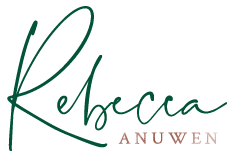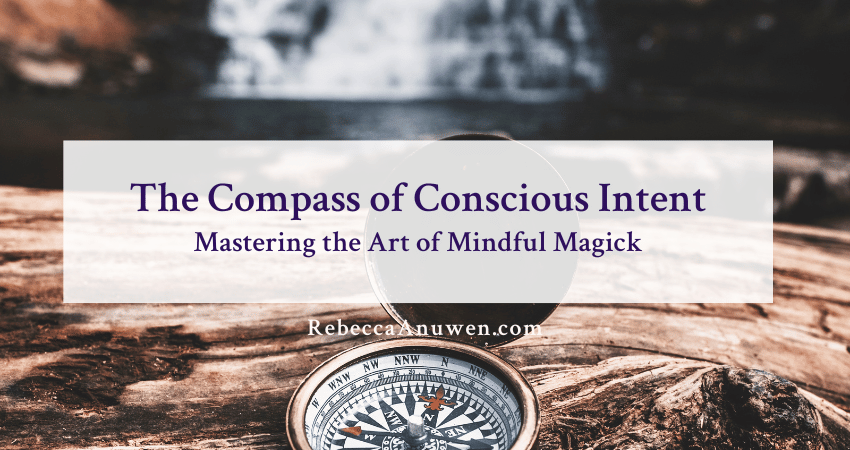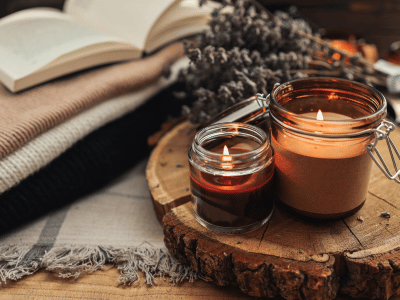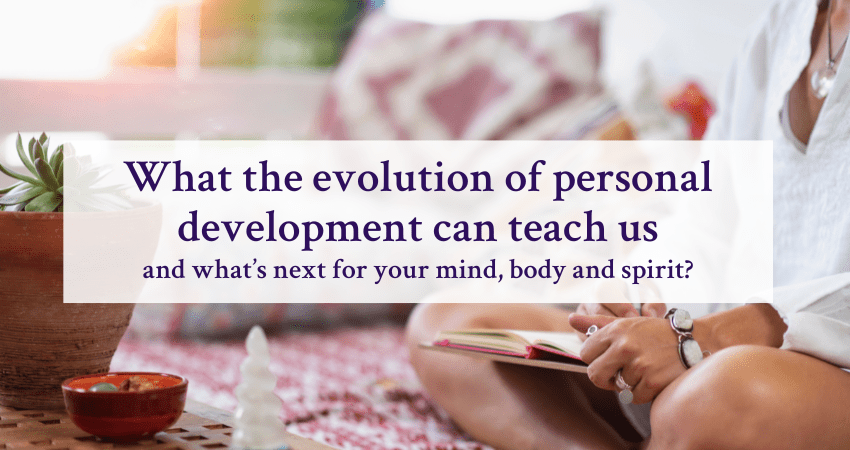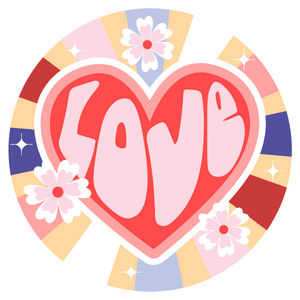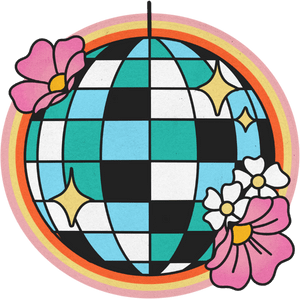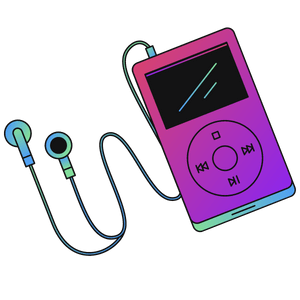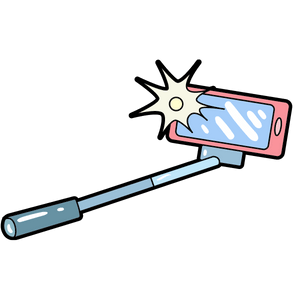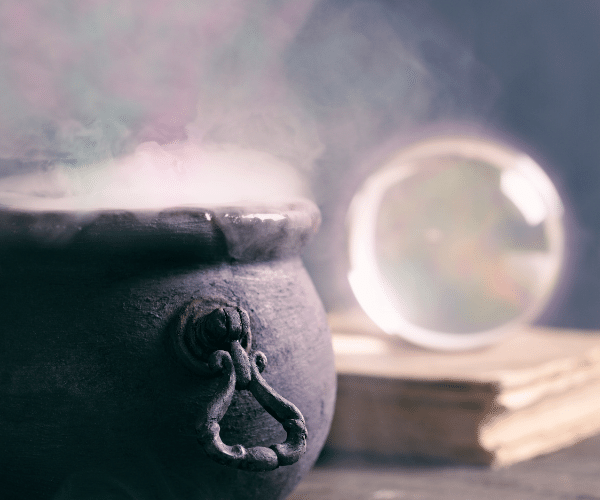
Creating a Manifestation Routine: Daily Practices for Attracting Your Dreams and Desires

Most people know how to set their intentions, but how do you bridge the gap between setting those intentions and actually enjoying the them coming into reality?
We know we should ‘surrender’ and not grasp them too tightly, but surely we still have to do something…
Once you’ve done the practical actions you need to take, here’s some ideas for you to stay aligned with your intentions, to hold the vision and keep any doubts at bay!
You don’t need to do all of them! Just pick and choose 1 or 2 ideas to experiment with and have fun!
1. Morning Magick – Setting the Stage
Awaken with purpose, as the dawn brings a fresh canvas for your aspirations:
Dawn Declarations
Whisper your desires to the golden sunrise.
For instance, greet the day by saying, “Today, every step brings me closer to [your dream, e.g., ‘my dream job’].”
Let the warming rays imbue your intentions with life.
Crystal Clarity:
Hold a clear quartz, renowned for magnifying intentions.
Envision your goal, perhaps a serene holiday or a cozy home, and let the crystal become a beacon for that aspiration.
Wear it as a pendant or keep it in your pocket, making it your day-long ally.
2. Daytime Delights – Maintaining the Momentum
Transform mundane moments into magickal milestones:
Mindful Movements
With every action, channel purpose.
For example, if you’re making lunch, visualise nourishing not just your body, but your dreams.
Ponder, “How does this fuel my journey towards [e.g., ‘completing my book’]?“
Vibrant Visualisation
Find a quiet moment, even if it’s a five-minute break, to visualise your dream as a present reality.
Feel the joy of holding your published book or the thrill of standing in your new office.
3. Evening Enchantments – Reflect and Recharge
As nightfall cloaks the world, embrace reflection and renewal:
Moonlit Meditations
As stars twinkle, sit in a peaceful spot.
Reflect on the day’s successes, however small, and visualise your dreams intertwining with the constellations.
Gratitude Grimoire
Curate a special journal.
Before sleep, record three instances or moments that sparked gratitude.
Maybe a stranger’s smile or a task accomplished – these daily treasures uplift your spirit.
4. Celestial Celebrations – Weekly Wonders
Sacred Sundays
Reserve a slice of Sunday for spiritual rejuvenation.
This could be creating a sacred tool, painting your goals, or even a tranquil walk amidst nature, seeking the universe’s whispers.
Waxing and Waning Wishes
The moon’s phases are potent allies.
On a New Moon, jot down burgeoning desires.
Come the Full Moon, release doubts into the night, trusting the universe’s embrace.
5. Elemental Extras – A Touch of the Ethereal
Herbal Harmonies
Elevate your environment with aromatic herbs.
Burn rosemary or sage to cleanse spaces of negativity or sprinkle lavender on your bed for dream-filled slumbers.
Talismanic Tunes
Melodies can be manifestations.
Curate a playlist of uplifting songs.
Whether it’s invigorating beats or the calming chords, let these rhythms resonate with your dreams.
Remember that the universe is a tapestry of limitless potential, with your aspirations as the gleaming threads.
By embedding these practices into your life’s fabric, you’re crafting a luminous future, thread by enchanted thread.
So, with heart and spirit attuned, step forth; the universe’s magick awaits your wondrous dance! 🌌🌠🔮
Next Steps
If you’d like easy access to more inspiration and reminders like this:
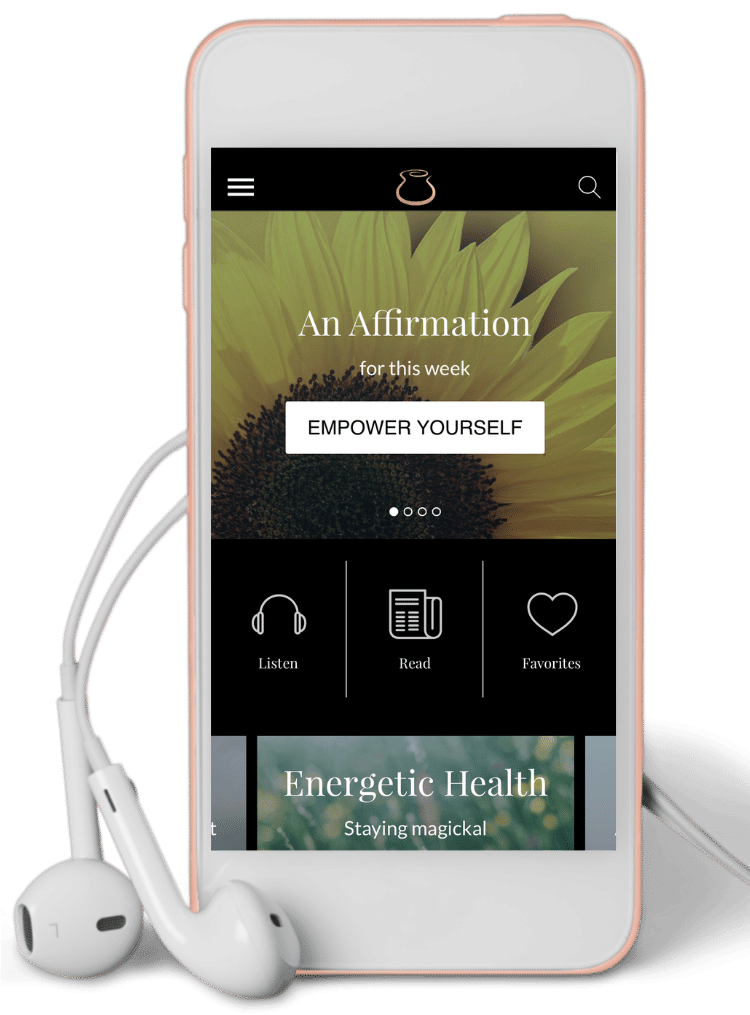
The Pinch of Magick app
Making Every Day More Magickal
Step into the realm of the extraordinary with ‘A Pinch of Magick’, your pocket-sized portal to enchantment.
Download ‘A Pinch of Magick’ and conjure up some enchantment on your phone today.
A journal to add intention to your everyday

5 MINUTES OF MAGICK
Five Minutes of Magick: A Daily Diary of Enchantment
Infuse every day with a touch of magick!
This daily diary is designed to help you capture and cultivate magickal moments throughout your day. In just five minutes, you can deepen your connection with the unseen, enhance your intuitive abilities, and bring more enchantment into your life.

